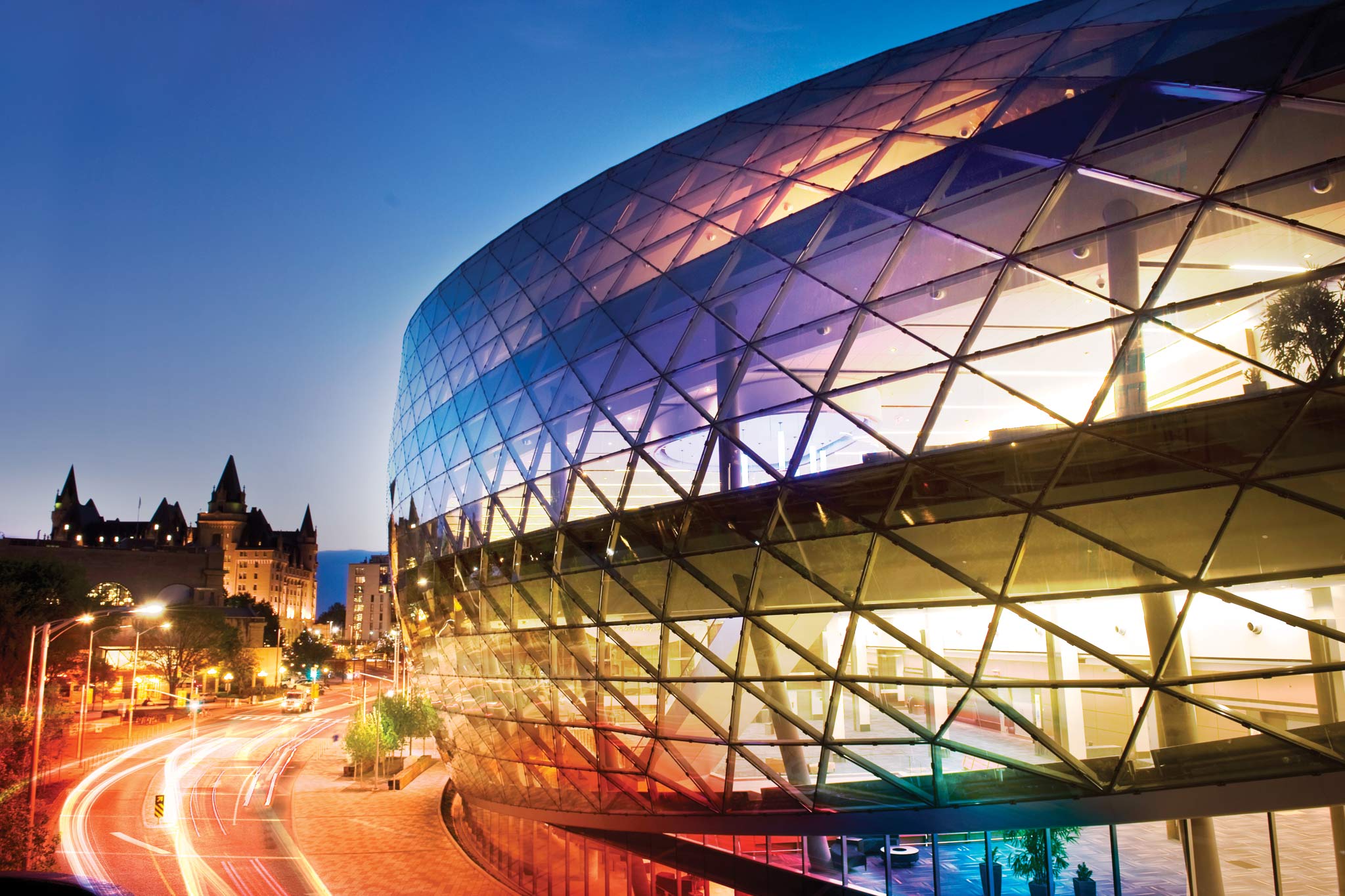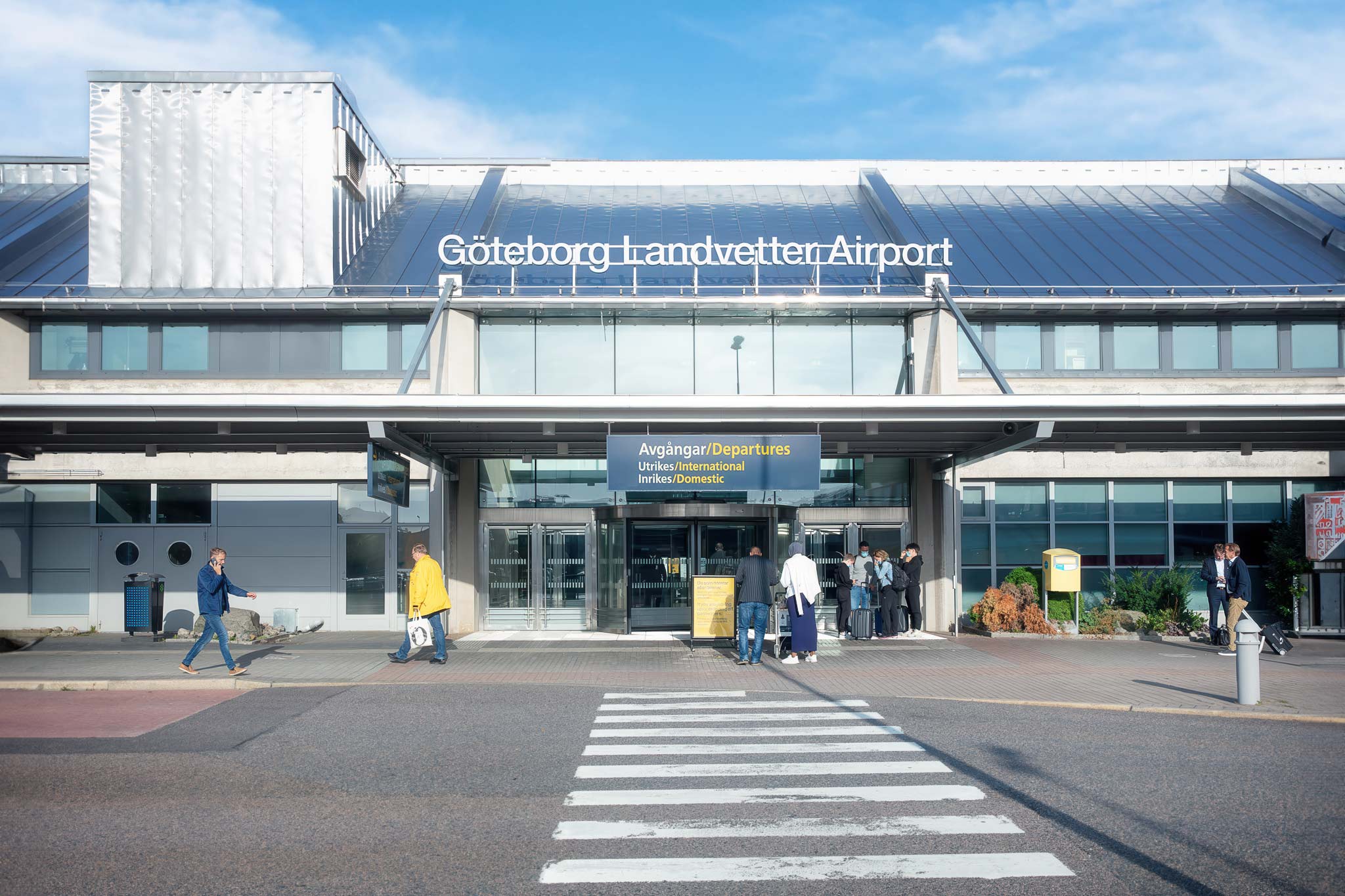Events can shape opinions and behaviours, and by aligning with the United Nations Sustainable Development Goals (SDGs), the sector can play a significant role in promoting global sustainability and societal wellbeing, both within itself and among the industries it serves.
By prioritising the UN SDGs, events can raise awareness, facilitate dialogue, and drive action towards achieving these important goals. Events provide a unique opportunity to engage diverse audiences and inspire positive change, whether it’s promoting responsible consumption, gender equality, or climate action.
By embracing the SDGs, the events sector demonstrates its commitment to social responsibility and contributes to a more sustainable and equitable future.
What are the UN SDGs?
The 2030 Agenda for Sustainable Development, established by the United Nations in 2015, aims to achieve peace and prosperity through 17 Sustainable Development Goals (SDGs).
These goals call for action from all developed and developing countries to address poverty, improve health and education, reduce inequality, promote economic growth, combat climate change, and preserve natural resources such as oceans and forests. The SDGs emphasise the importance of addressing multiple challenges together to create a sustainable future.
Ecological impact
Events are a huge driver for the global economy. Still, they can also generate a lot of waste, whether food, exhibition stand materials giveaways or energy, so it is important that we, collectively, look at how we can reduce our impact on the environment and local communities by making changes behind the scenes.
There are many ways that this can be achieved, whether that’s opting for a venue powered by 100 per cent renewable energy and robust sustainability practices or looking to reduce your carbon footprint by subsidising public transport for delegates and exhibitors. It is all about making that first step and committing to change.
At ICC Wales, sustainability is at the heart of what we do and even the basis of our venue. We also have a range of partnerships which benefit our clients and their delegates, including reduced travel rates on trains operated by Great Western Railway. ICC Wales recently partnered with Event Cycle, a charity which turns unwanted items left by delegates or event organisers into donations to benefit community projects. Our venue also partners with FareShare Cymru to donate surplus food to homeless hostels, community groups and refugee centres, and all food waste is converted into renewable energy.
These partnerships encourage a more circular economy within the sector and reflect the findings of the venue’s most recent report, Event Power: A Force For Good, which suggests that events can create a strong, sustainable impact and lasting social legacy.
Inclusion and Accessibility
Fostering inclusion and accessibility in the events industry is crucial for creating diverse environments that ensure equal participation for all. By prioritising these principles, the industry aligns with the UN SDGs, particularly Goal 10: Reduced Inequalities.
Inclusive events make conscious efforts to accommodate individuals of varying abilities, ethnicities, genders, and socio-economic backgrounds, enhancing the overall experience and contributing to a more equitable society. Additionally, aligning with the SDGs reinforces the industry’s role in advancing global initiatives to eliminate discrimination and promote equal opportunities, fostering a sense of belonging and unity within the community.
Driving sustainable economic growth
As a major employer and revenue generator, the events sector must focus on enabling sustainable economic development.
Driving positive global change is key to aligning the events industry with the UN SDGs. The events sector can contribute to societal wellbeing, address inequalities, and minimise environmental impact by implementing sustainable practices, supporting local businesses, and prioritising fair labour practices. Emphasising responsible economic practices not only reinforces sustainability commitments but also becomes a catalyst for broader positive change on a global scale.
If we use the UN SDGs as a framework, we can ensure our industry’s viability and contributions to driving sustainable economic growth and positive global change. By embracing the SDGs, the events sector can lead the way in establishing a sustainable and responsible future for the industry and the world.





